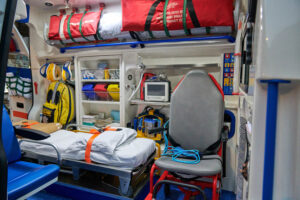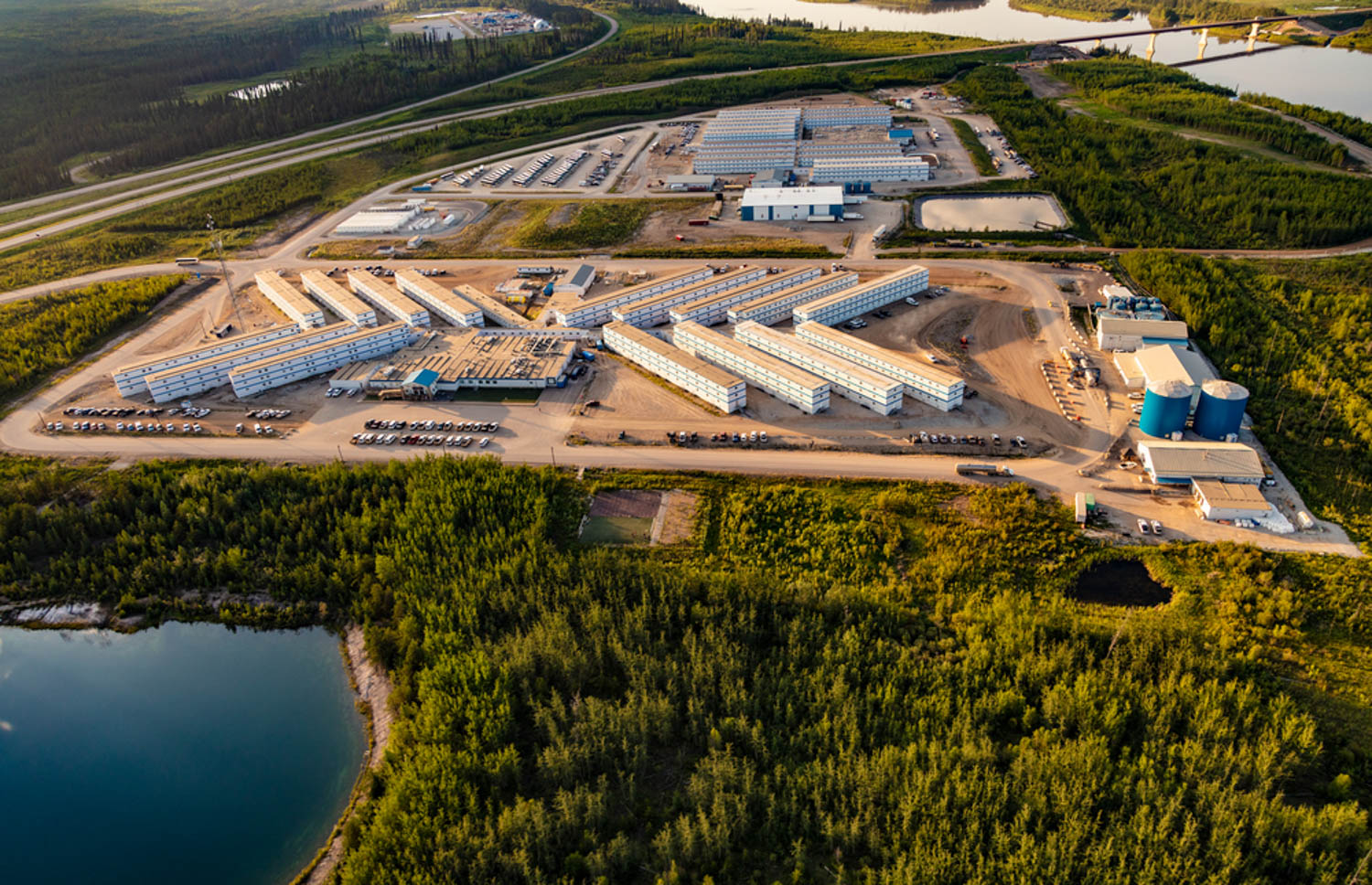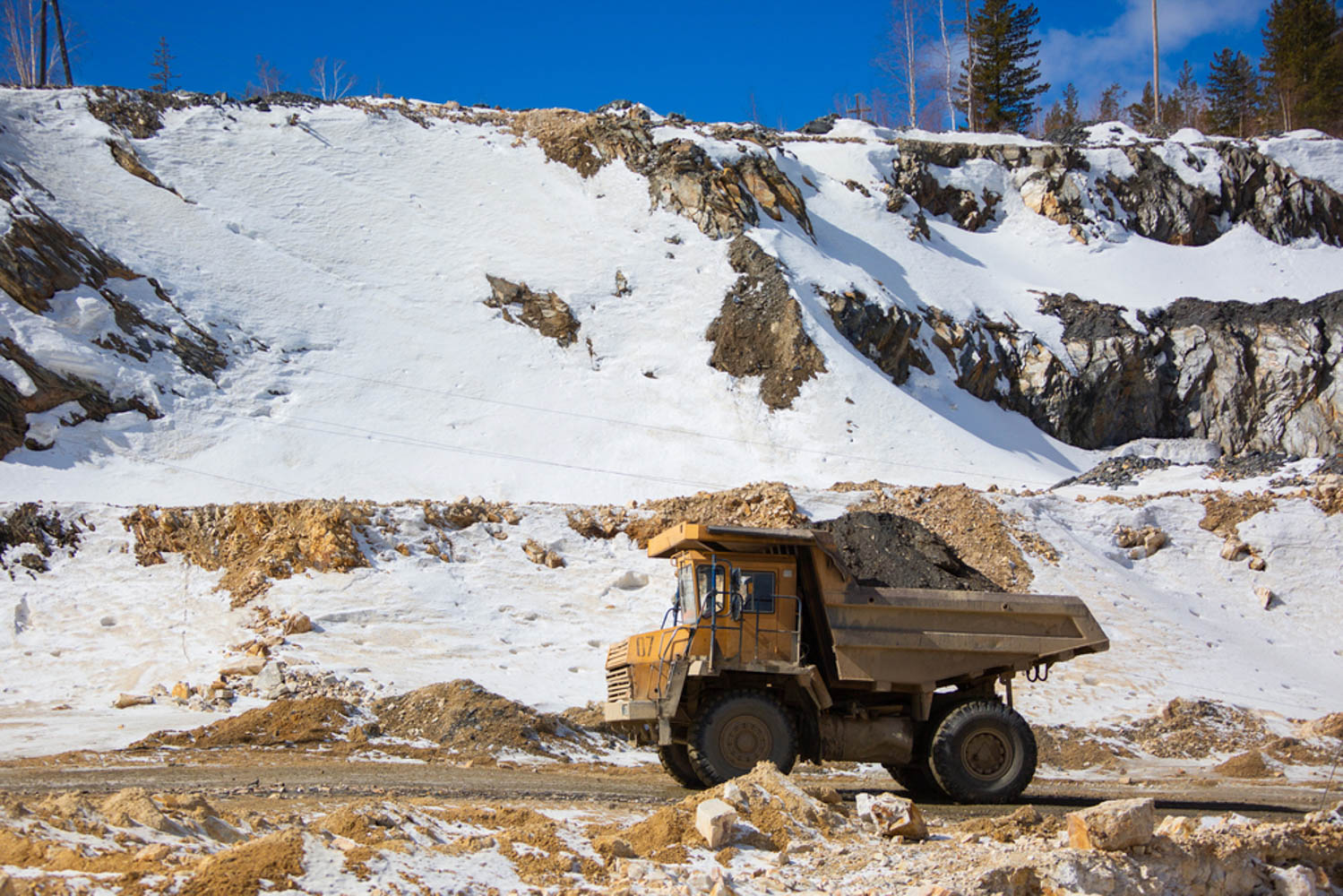
Protecting Workers with Remote Camp Health and Safety
Remote camp health and safety is a vital concern in the management of Canadian remote workforce camps, especially in resource-driven

Remote site services play a critical role in supporting Canada’s natural resource industries—particularly oil, gas, and mining—which have long been pillars of the nation’s economy. These sectors often operate in hard-to-reach regions such as Alberta’s oil sands and the mineral-rich Yukon, where distance, climate, and isolation pose major logistical and human challenges. Remote site services (RSS) encompass a comprehensive suite of solutions—from housing and food services to medical care and logistical coordination—designed to sustain both personnel and operations in these isolated environments. Far from being peripheral, RSS is vital infrastructure that helps ensure efficiency, safety, and long-term sustainability.
Before diving into the value of RSS, it’s crucial to understand the rugged terrain and complex logistics that define Canada’s remote sites:
Without structured remote site administration, sustaining a productive workforce in such conditions becomes nearly impossible. Remote site services bridge this gap by establishing fully functional, self-contained communities that enable industrial operations to thrive—even in the most isolated locations.
Accommodations and Camp Infrastructure
Modular space solutions and mobile modular office buildings are designed to withstand extreme weather, offering options from dorm-style rooms to hotel-like accommodations. Today’s modular camps often include gyms, game rooms, and internet access—enhancing quality of life in isolation. Comprehensive remote site camp management ensures these facilities run efficiently, supporting worker comfort and operational continuity even in the harshest conditions.
Catering and Food Services
Healthy, appealing meals are vital to maintaining workforce morale and efficiency. Superior remote catering companies develop tailored menus based on dietary needs and cultural preferences. These services also manage cold-chain logistics, ensuring food safety across long supply routes. Many remote catering companies now emphasize nutrition and sustainability in meal planning.
Medical Services
Immediate access to healthcare is essential in isolated areas. Facilities with onsite medics, emergency equipment, and telemedicine capabilities provide essential remote site medical support and reduce the need for costly evacuations.
Waste Management and Sanitation
Environmental responsibility is central to Canadian operations. Handling of waste, wastewater, and hazardous materials is tightly regulated. As part of remote site facility maintenance, these services ensure that operations meet or exceed environmental standards, including waste audits and recycling programs.
Power and Communications
Power systems are critical to operations, especially off-grid. Many projects use hybrid systems with solar and diesel to reduce emissions. Meanwhile, a room energy management system helps reduce electricity use in accommodations, making power consumption more efficient. Communication infrastructure—such as satellite internet and VHF radio—ensures connectivity at all times.
Transportation and Logistics
Efficient transportation networks—including winter roads, helicopters, and barges—are vital. These systems support everything from crew rotations to equipment deliveries and camp mobilizations. Remote facility camp mobilization experts plan and execute these logistical efforts to ensure smooth operations from the start.
Operational Continuity
Whether in oil sands or fly-in exploration sites, RSS makes year-round operation possible—even in harsh conditions. Modular camps built with durable materials and full utility systems can weather extreme environments with minimal downtime.
Worker Welfare and Retention
Quality of life plays a huge role in worker satisfaction. Amenities like gyms, quality meals, and remote recreational activities such as movie nights or guided hikes are increasingly common. These contribute to better morale and help attract and retain skilled labor.
Safety and Risk Management
Safety protocols go beyond medical readiness. Remote facility health and safety teams also develop evacuation procedures, fire suppression systems, and real-time incident tracking, all of which reduce risks and ensure compliance.
Environmental Compliance
With sustainability front and center, services like greywater recycling, composting, and low-impact construction methods are essential. In many operations, remote accommodation services incorporate LEED-certified buildings and reduced-emission transport options.
Economic Enablement in Remote Communities
In many cases, remote site services providers partner with local Indigenous communities to deliver essential services. This approach creates local jobs, fosters long-term business relationships, and contributes to sustained economic development—even after a project ends. For instance, camp catering contracts are frequently awarded to First Nations-owned businesses, supporting food sovereignty, entrepreneurship, and meaningful participation in regional growth.
Cost Efficiency
While setup costs are high, the long-term savings are significant. Better logistics, energy management, and workforce retention lower operational costs over time. Teams like remote camp administration oversee cost tracking and resource optimization.

Alberta – Oil Sands Operations
In Fort McMurray and the Athabasca region, remote site services are indispensable. Workforce camps host thousands of transient workers who live on-site for extended periods. Emergency planning is crucial, especially in areas prone to wildfires.
These camps also require remote camp housekeeping and remote site janitorial services to maintain cleanliness and hygiene standards during high occupancy periods.
Yukon – Mining Exploration
With seasonal fly-in exploration camps, the Yukon presents unique challenges. Many camps operate only during summer and must be fully mobile. Sustainability is critical in these sensitive ecosystems, so teams focus on reducing footprint while maintaining comfort.
Operations here often rely on remote site chefs trained to prepare nutritious meals with limited supply runs. Cleaning is equally important, with remote facility cleaning services helping maintain safe and compliant environments throughout the season.
Often hidden from view, the infrastructure supporting Canada’s resource economy is vital to keeping operations running smoothly, workers safe, and communities engaged. It enables continuity, supports well-being, and drives long-term regional development. In harsh environments like Alberta’s oil sands or the Yukon’s remote mining zones, having the right systems in place isn’t just a strategic advantage—it’s a fundamental requirement for success. As environmental expectations rise, social responsibility deepens, and technologies advance, remote support systems must evolve in step. Companies that invest wisely in these capabilities don’t just strengthen performance—they help shape a more sustainable, inclusive, and resilient future for Canada’s energy and mining sectors. Supporting all of this is a framework built on trusted, inclusive, and resilient remote site services.
Ready to optimize your remote operations? Speak with our team today and discover how our remote site services can support your next project.
Groupe Domco Canada Limitée est l'un des fournisseurs de services en régions éloignées le plus fiable et le plus respecté au Canada. Entièrement canadien et propriété indépendante, Domco est en affaires depuis 1945. Nous proposons des solutions intégrées pour les régions éloignées, notamment un cycle de menus nutritifs et bien planifiés, l'établissement de relations à long terme et de racines profondes canadiennes dans des endroits éloignés avec des communautés autochtones.
Laissez-nous vous présenter quelques avantages clés qui nous distinguent.

Remote camp health and safety is a vital concern in the management of Canadian remote workforce camps, especially in resource-driven

Keeping crews energized and satisfied starts with smart camp food menu ideas—especially in remote environments where morale and nutrition go

Gas remote camp mobilization is a critical operational phase in Canada’s oil and gas industry, particularly in remote and northern

When it comes to remote site security in Canadian work camps, ensuring safety and protection is paramount. These facilities, often

In Canada’s vast and resource-rich landscapes, remote site maintenance plays a pivotal role in sustaining the operations of work camps

In Canada’s vast and often isolated regions, remote camp management plays a vital role in advancing sustainability across diverse work

Remote site administration is a vital function in Canada’s most geographically isolated and operationally demanding environments. From the Arctic’s frozen

Developing a sustainable infrastructure for a remote camp facility located in the rugged, often isolated regions of Canada—such as the

In Canada’s vast and rugged landscapes, remote facility catering has evolved from a logistical challenge into a platform for sustainable

Budgeting for facility repair and maintenance in remote Canadian work sites is no small task. When miles away from urban

The process of gas remote camp mobilization in Canada is a critical operation that supports the development and maintenance of

Remote facility chefs are the unsung heroes of Canada’s sprawling wilderness operations—from fly-in camps tucked into diamond-rich tundras to energy

Exploration remote camp mobilization in Canada is a critical logistical and operational process that supports field-based activities in some of

Remote off site monitoring is transforming how Canada’s resource sectors manage operations across vast and isolated landscapes, making it a

Remote site services play a critical role in supporting Canada’s natural resource industries—particularly oil, gas, and mining—which have long been
